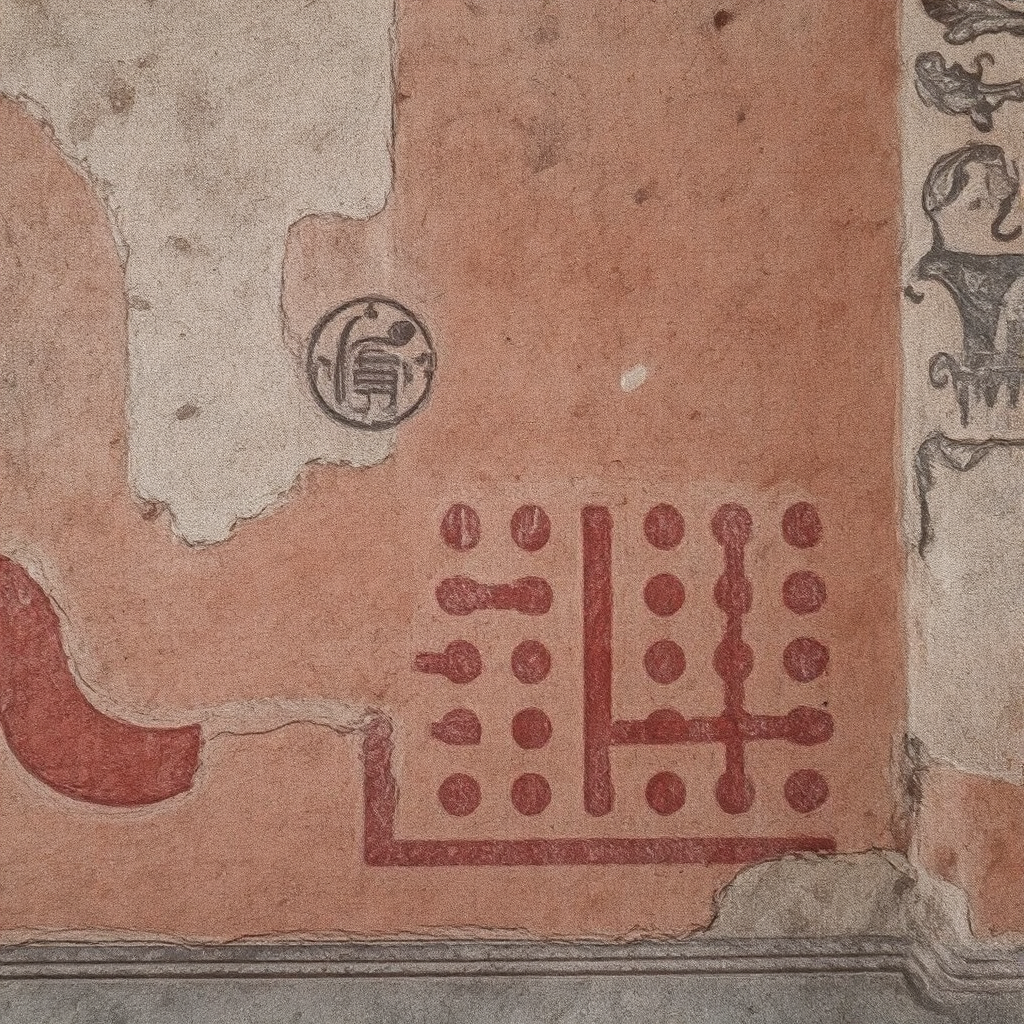Eco-Systems
It is thus using the blueprints of nature and the informed ancient practices of the the Andes, as well as my own upbringing, family, communal relations, in combination experience in forensic audits of processes, operations and organizational structures that informs my work and and reports associated.
These principles derived from nature, ancient Andean practices, personal experiences, and professional work in forensic business audits have been instrumental when shaping innovative governance systems and operational procedures. By integrating these aspects, we can create:
Adaptive governance structures that mirror the resilience and flexibility found in natural ecosystems
Operational procedures that respect cyclical patterns and transitions, allowing for periods of change and renewal.
Decision-making processes that consider the interconnectedness of all stakeholders, similar to the Andean concept of Pachamama
Audit and oversight mechanisms that draw from both modern forensic techniques and traditional community-based accountability systems
This approach ensures that governance and operational systems are efficient and rooted in sustainable, time-tested principles that code harmonically between human activities and the world they inhabit.
examples:
Application: Quarterly & Yearly Planning through the CHAKANA METHOD
Application: Appreciation and Approach to Teams through the AXIS METHOD
5. Using Nature and All the Surrounds
The natural world undoubtedly holds the key to solving numerous challenges, and harnessing nature's intelligence will be crucial in guiding our progress over the next five decades. This approach is rapidly gaining traction, not only in STEM fields but also in everyday life, revolutionizing our problem-solving methods.
In her groundbreaking 1997 book, Janine Benyus convincingly argued that future innovations must be rooted in nature. She defined "Biomimicry" with unwavering clarity as: 1. "nature as model," 2. "nature as measure," and 3. "nature as mentor." This framework has since become a cornerstone for innovative thinking across disciplines.
Drawing inspiration from Wendell Berry's "Home Economics," we can confidently apply these principles to our approach:
Utilize nature's proven survival principles to rigorously test the viability of concepts and proactively promotes life.
Ensure that these principles are unequivocally met and acknowledged before considering scalability.
Refine ideas or concepts with a keen focus on their appropriate implementation and context.
Embrace the fundamental truth that "a properly scaled human economy or technology enables other creatures and beings to thrive alongside us."

